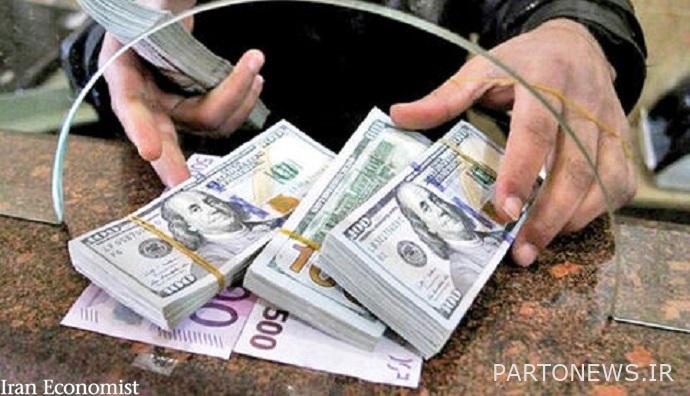Value added tax on foreign exchange transactions from January

Ahmad Lavasani on the 10% tax on the sale and purchase of foreign currency and foreign exchange transactions in exchange offices and exchange companies said: Tax on transactions and performance of exchange offices is not a new issue that today this class is faced with a new issue and from the past every exchange and every company Based on its performance, it must pay the annual performance tax in accordance with the rules of the Tax Administration. Each year, the auditors of the exchange offices and the tax administration determine the tax rate of each exchange office based on the surveys they conduct.
He announced the imposition of VAT from January and said: “Another issue is the issue of VAT, which unfortunately has not been studied in the parliament on this issue, and according to the request of the Tax Affairs Organization, exchange offices ask people to buy and sell currency.” They must receive VAT, and the price gap between buying and selling foreign currency includes 9% VAT, which will be effective from the beginning of January.
The secretary of the Money Changers Association emphasized: Of course, the customer does not pay taxes for buying and selling foreign currency. Also, VAT does not include producers who buy foreign currency, and although producers pay this tax initially, according to the law, the amount paid is returned to their accounts, in fact, if VAT is a consumption tax and not a production tax.
Lavasani continued: “According to the law, every citizen who makes any transaction in the exchange offices must request a valid invoice from the exchange office in exchange for buying or selling foreign currency, so if the unit that buys and sells foreign currency does not issue invoices and invoices, it is an illegal unit.” Both the buyer and the seller have not complied with the Central Bank Law on Combating Commodity Smuggling and Trades, and may face tax problems or non-compliance with money laundering laws.
He added: “The law explicitly states that individuals should only refer to units licensed by the Central Bank for foreign exchange transactions.”
The secretary of the Money Changers Association, emphasizing that people should not worry about taxes to buy or sell consumer currency in the normal range, said: “People should not worry, they are not going to pay taxes in order to meet the natural need, and no additional tax will be levied on natural consumption.” Performance tax is paid by exchange offices and VAT is paid by consumers.
Lavasani said about the introduction of buyers and sellers of currency to the Tax Affairs Organization by the exchange units: “The information of customers who buy and sell currency is available to the Central Bank and the Tax Affairs Organization from previous years, and this is not a new issue.”
In response to the question that by imposing taxes on customers, there will be a possibility of increasing demand for illegal exchanges, he said: “Dealing with illegal units has consequences such as counterfeit currency or criminal acts such as account hacking, which in the event of this Cases or other problems, no institution is responsible for these people, so paying taxes for quality and safe services is more money-free and risk-free.
ایلنا

